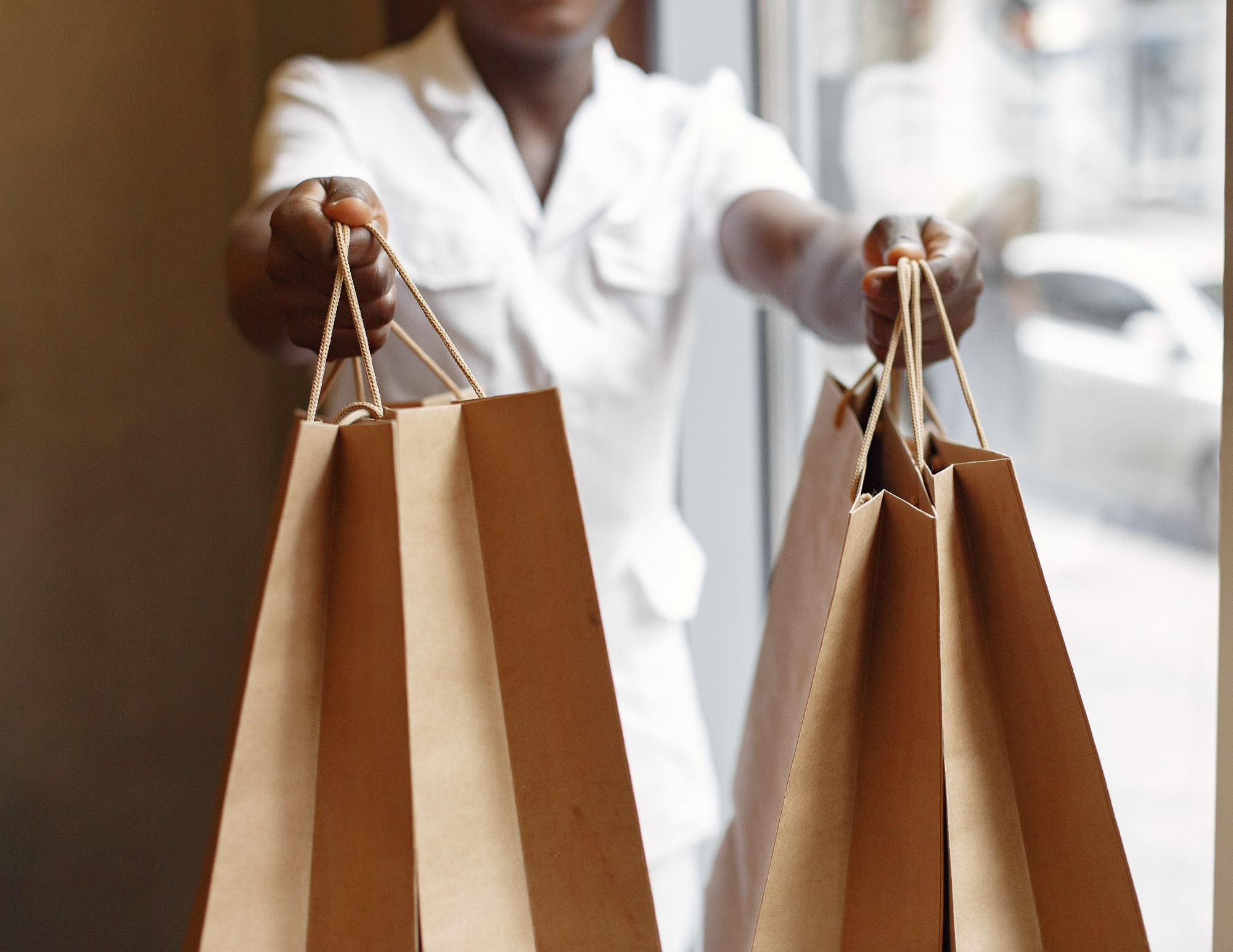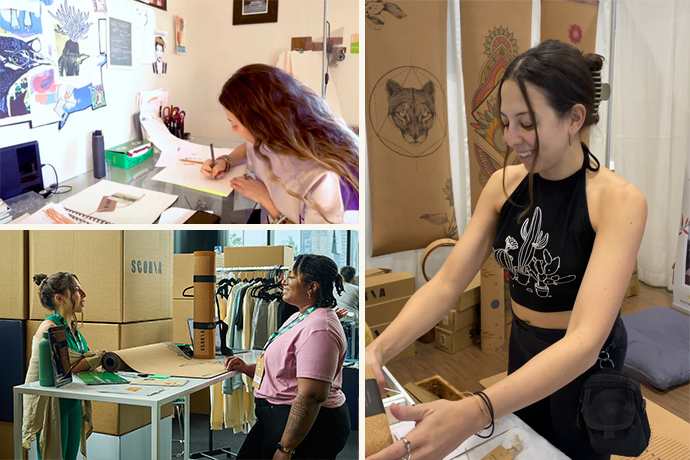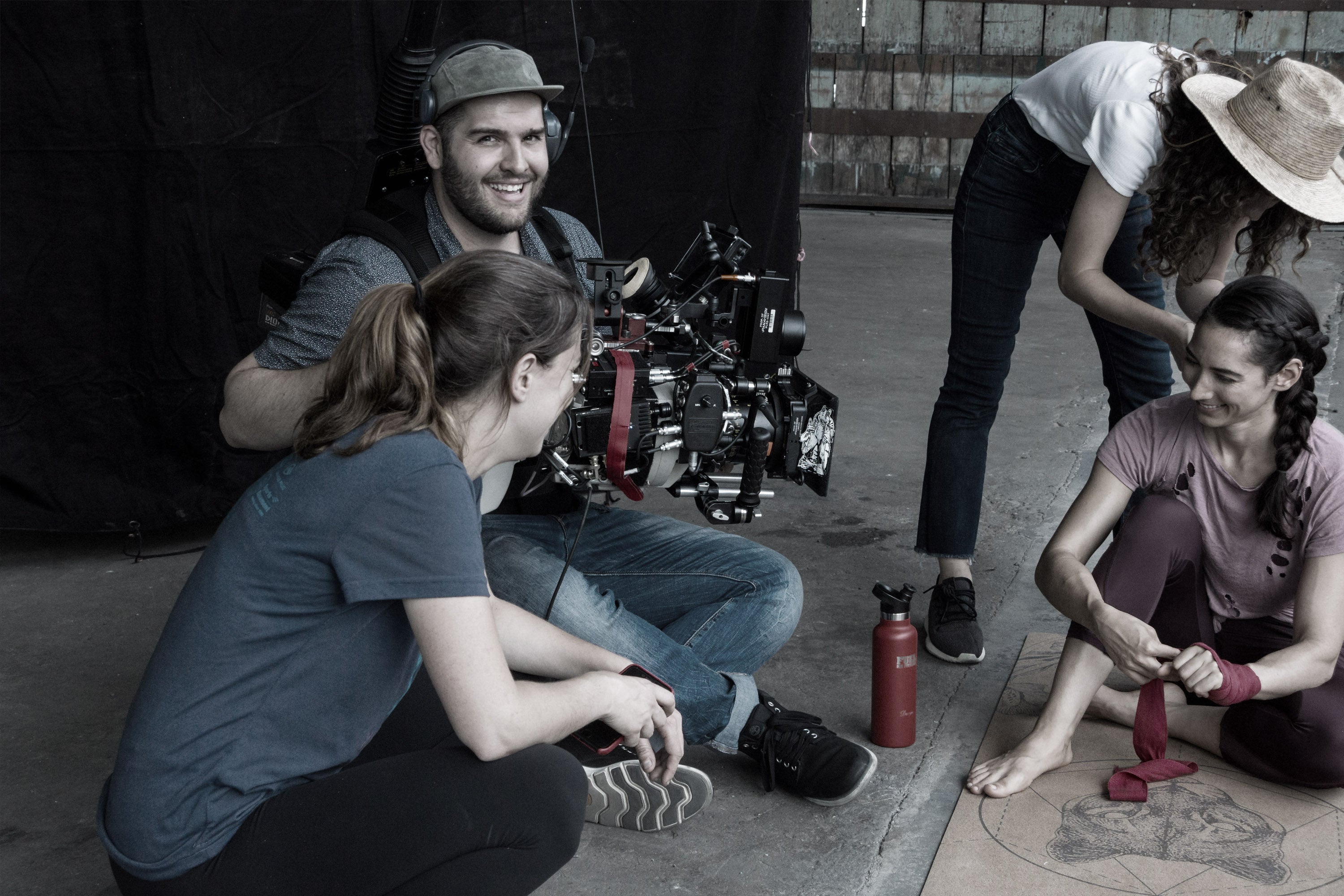
Tips For Conscious Shopping From Dee #ExpertInsights
Meet Dee,
Adila (Dee) is the founder of The Good Tee, a selection of the greenest tees you may own!

Who is the Good Tee?
The Good Tee is the greenest shirt you may own! Not just a shirt, but the Good Tee also creates fair trade hair accessories, facemasks, organic childrens apparel, and natural tye-dye kits! They are a certified B Corporation, Fair trade Cotton certified and measure their environmental impact and more!
The Good Tee, like Scoria World, also holds sustainability and social good close to home. In 2008, The Good Tee’s founder, Adila Cokar, was moved by the ongoing poverty issue of cotton farmers in India. With high levels of illiteracy and limited land holdings, many farmers become dependent on selling their cotton well below the cost of production. Aware of the toll that poverty took on their mental health, Adila created The Good Tee, which aims to implement slower production schedules, ethical working conditions, and fair deals for all.
We met Dee a few years ago when we were just a startup. We spoke with her to get you some advice that can help you on sustainable and conscious shopping.
Can you give us 4 main tips for shopping consciously and sustainably?
1. Slow down, breathe and take the time to think about where and to whom you are giving your money.
2. Support small and local wherever you can, even if they manufacture overseas, local ethical and transparent companies may also be hiring locally and support local economy. So, it's also a question you can ask the companies.
3. When you're looking for ethical products, take the time to check their website, follow them or look at their Instagram. And ask, how transparent are they with who they work with? Transparency is a good way of seeing how well they are treating their supply chain. If it’s not clear #whomademyclothes, it takes one minute to push out a tweet.
4. Ask these questions: How is the company supporting the environment? Are they contributing towards creating a healthier planet? Do they help with diverting from landfills?
How does is your company staying ethical and sustainable?
We are transparent and showcase our supply chain. We also provide a factory walk through of the factory here.
You may be “winning” when you see a $10 t-shirt, but someone along the supply chain is seriously being hurt or taken advantage of. There are so many people in the supply and everyone deserves a fair deal. Shop less and spend a little more on quality pieces that are a fair price. Quality is a product that lasts. And if a product lasts the time it takes to reach the landfills is prolonged.
Can you tell us why you chose to use organic cotton as your main material for your apparel line?
In the last 12 years, I've travelled back and forth to India to work with the factories. I’ve built strong relationships and value the skill and effort that goes into the entire process. The process starts with the seed, moves through knitting and dying to the finished product. Over the years I never had the opportunity to meet the farmer. There is a huge disconnect. I can order certified organic cotton yarn, but I never knew where the farmer was. I also started to learn about the high number of suicides of cotton farmers. They live in poverty and are often taken advantage of. After writing my book, I decided to launch The Good Tee and had his Fair Trade cotton certified to support farmers.

How is organic cotton sustainable and why would you recommend it? Can you describe the properties of why its green?
Organic cotton means that the crops aren’t treated with pesticides, insecticides, herbicides and Genetically Modified Organisms. These toxins are harmful for farmers and workers, us as consumers, and entire wildlife eco-systems.
Next to linen, cotton is by far the most sustainable fibre. Organic cotton is natural, unlike polyester which is a synthetic (considered plastic) fibre. It takes cotton only 20 years to biodegrade compared to polyester which takes 200 years. Our landfills are piling up so anything that biodegrades is better. Your skin needs to breathe, natural is key. It just feels better too.

For someone who wants to start a sustainable fashion brand, what resources would you recommend they check out?
I would definitely recommend Source My Garment, the first-ever step-by-step insider’s guide for entrepreneurs and fashion start-ups to build a thriving, prosperous, and sustainable design business. I wrote this book to help fashion designers fully understand the process of getting from idea to manufacture, in an easy-to-understand step-by-step guide to kickstart production. The reader will learn how to plan effectively, lower costs, avoid potential manufacturing problems, prepare for production, design sustainably and more.

To see more from Adila, or The Good Tee at thegoodtee.com and on Instagram at @thegoodtee_!





Leave a comment
This site is protected by hCaptcha and the hCaptcha Privacy Policy and Terms of Service apply.